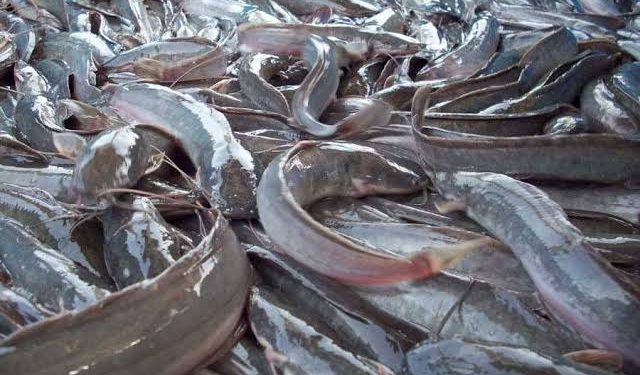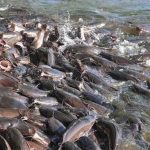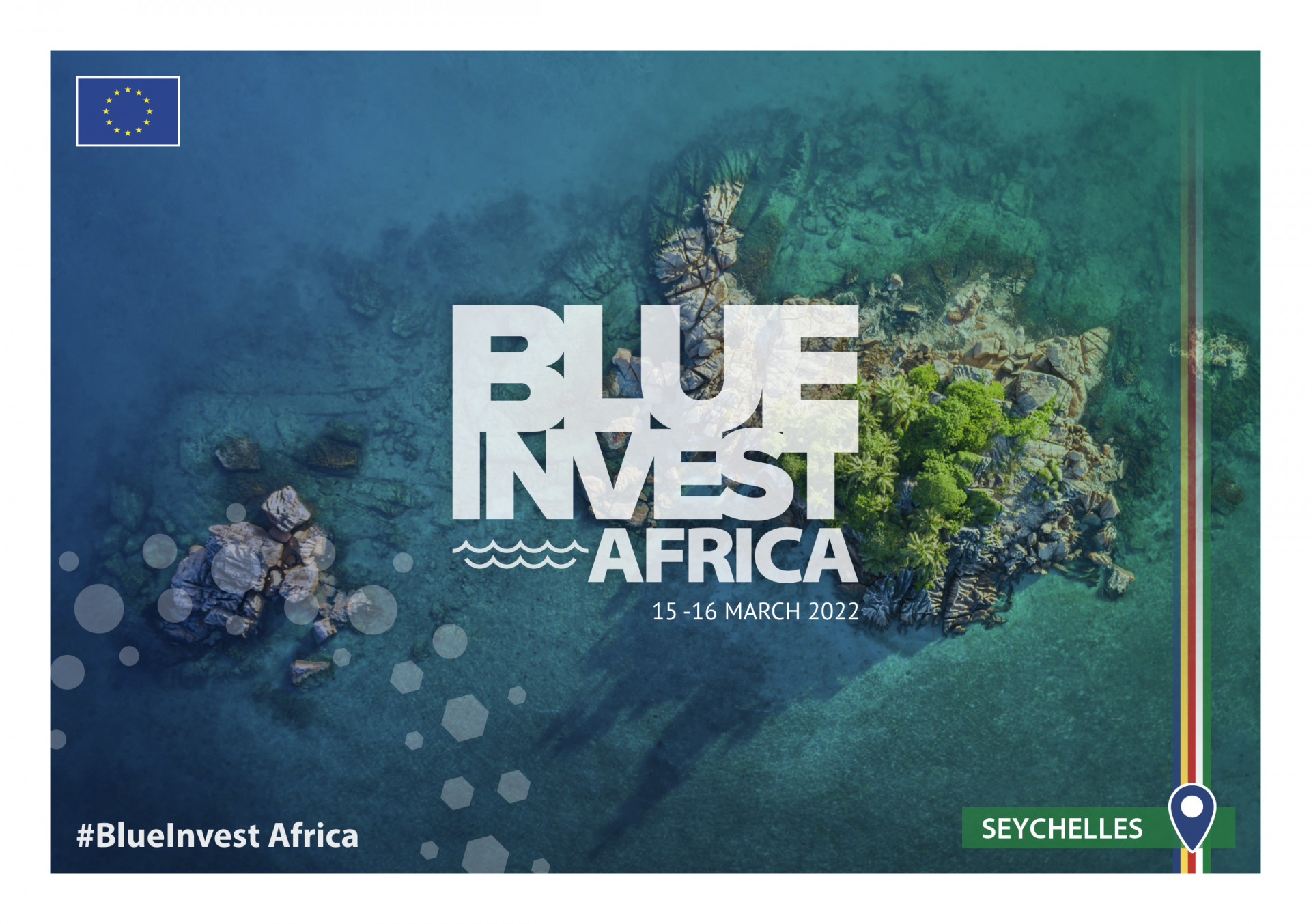The Nigerian government, in partnership with the Food and Agriculture Organization (FAO), has launched a N200 million support scheme to expand fish farming in the country and reduce its heavy reliance on imported fish.
Unveiled at the Eriwe fish farming cluster in Odogbolu, Ogun State, the initiative—“Scaling Fish Farming through Finance” under the FISH4ACP project—aims to help Nigeria meet its growing annual fish demand through increased local production.
According to the Director of Fisheries and Aquaculture at the Federal Ministry of Marine and Blue Economy, the intervention addresses one of the most pressing challenges facing local fish farmers: access to finance, particularly for feed, which has seen soaring costs. He emphasized that Nigeria’s extensive water bodies position it well for large-scale fish production if farmers can access the right support.
FAO’s representative for Nigeria and West Africa highlighted the urgency of ending the country’s annual importation of around two million metric tonnes of fish. He noted that the project, primarily funded by the European Union, focuses on easing financial constraints for fish farmers to grow their operations and contribute meaningfully to domestic production.
Under the pilot phase, 40 fish farmers will receive between N2.5 million and N5 million each, amounting to a total of N200 million. The funding is expected to help the selected farmers expand their businesses and increase supply to meet local demand.
The initiative is designed not only to boost production but also to create jobs, open up new business opportunities in aquaculture, and ultimately support national food security efforts.
The European Union’s Programme Manager for Agriculture noted that the FISH4ACP project is being rolled out in 12 countries globally, with Nigeria receiving the largest portion of the funding due to the country’s strategic importance in the region’s aquaculture development.










